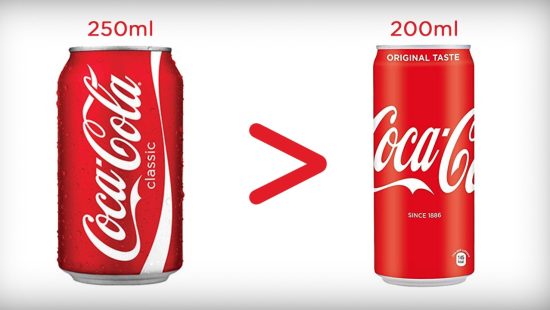How Artificial Intelligence Helps Startups and Large Companies Improve Efficiency, Innovate, and Deliver More Value
The business landscape is evolving rapidly. Whether you’re launching a startup or leading an established corporation, staying competitive requires using tools that help generate value, improve decision-making, and streamline operations. Among these tools, artificial intelligence (AI) has become one of the most transformative technologies available today.
When asked “What is artificial intelligence?”, Microsoft Copilot, a leading generative AI system, defines it as:
“Artificial intelligence (AI) is a branch of computer science aimed at designing technology that emulates human intelligence. This means that by creating specialized algorithms and systems, machines can carry out processes inherent to human intelligence, such as learning, reasoning, or self-correcting.”
In simple terms: AI helps machines perform tasks that normally require human thinking, such as identifying patterns, analyzing information, learning from data, or even generating new content.
This makes AI a powerful ally for businesses that want to:
- Improve productivity
- Reduce operational costs
- Enhance customer service
- Speed up decision-making
- Innovate faster
AI isn’t just a tech trend—it’s proving to drive measurable business value. A 2023 McKinsey report found that companies using AI in their core processes saw productivity gains of up to 40% and significantly reduced operational costs.
Harvard Business School professor Karim Lakhani summarizes AI’s role perfectly:
“AI won’t replace managers, but managers who use AI will replace those who don’t.”
In other words, adopting AI isn’t optional anymore—it’s a competitive advantage.
McKinsey’s State of AI 2023 highlights that 75% of generative AI’s business value comes from three key areas. These areas apply to both startups and corporate environments.
- Marketing & Sales
What AI can do:
- Create first drafts of articles, emails, ads, or landing pages
- Personalize marketing messages for each customer
- Summarize large amounts of text
- Analyze customer behavior to recommend products
A startup in the fitness industry can use AI to automatically generate tailored workout suggestions based on user habits. Meanwhile, a large retailer like Walmart uses AI to recommend products on its website, boosting customer conversions.
Gartner predicts that by 2026, 20% of all marketing content will be created by AI, significantly reducing workload for marketing teams.
- Product & Service Development
What AI can do:
- Identify emerging trends in customer needs
- Generate first drafts of technical documentation
- Create new product designs
- Simulate product performance
A health tech startup may use AI to analyze thousands of medical papers in minutes and identify features customers are asking for. Meanwhile, automotive companies like BMW use AI to design prototype parts more efficiently.
According to Deloitte, AI-driven product development can reduce time-to-market by up to 30%, giving companies a major competitive edge.
- Operations & Customer Service
What AI can do:
- Power chatbots that respond to customers 24/7
- Detect anomalies in service patterns
- Forecast demand or customer churn
- Create initial drafts of internal documents or reports
A small ecommerce startup can use an AI chatbot to handle 60–70% of common customer questions. Large corporations like Delta Airlines use AI to predict flight delays and optimize customer support.
IBM reports that businesses using AI chatbots see customer response times improve by up to 90%, while reducing support costs by as much as 30%.
Startups are designed to grow fast and innovate quickly, and AI helps them do exactly that.
According to global startup surveys:
- 31% of startups use AI to improve customer satisfaction, offering more personalized and efficient services.
- 25% of startups use AI to increase employee productivity, automating repetitive tasks so teams can focus on strategy, creativity, or sales.
Startups benefit from:
- Leaner operations
- Data-driven decision-making
- Faster product iterations
- Lower costs to enter a competitive market
AI essentially levels the playing field—allowing small teams to operate with the efficiency of much larger companies.
Corporations have complex operations, thousands of employees, and large customer bases—making AI incredibly valuable.
Large organizations use AI to:
- Automate manual workflows
- Improve forecasting accuracy
- Reduce operational waste
- Enhance customer experiences at scale
- Strengthen cybersecurity
For example:
- Coca-Cola uses AI-generated content for marketing campaigns.
- Amazon uses AI for inventory predictions and warehouse optimization.
- Bank of America uses AI to prevent fraud in real time.
The results?
A PwC study estimates AI could contribute $15.7 trillion to the global economy by 2030, mainly through increased productivity and automation.
Whether you’re running a startup or managing a major corporation, AI offers powerful ways to:
- Innovate faster
- Reduce costs
- Improve customer satisfaction
- Optimize employee performance
- Compete in rapidly evolving markets
Startups use AI to break through market barriers, while established companies use it to stay efficient and maintain leadership. But the goal is the same: to create smarter, more agile, and more competitive businesses.








